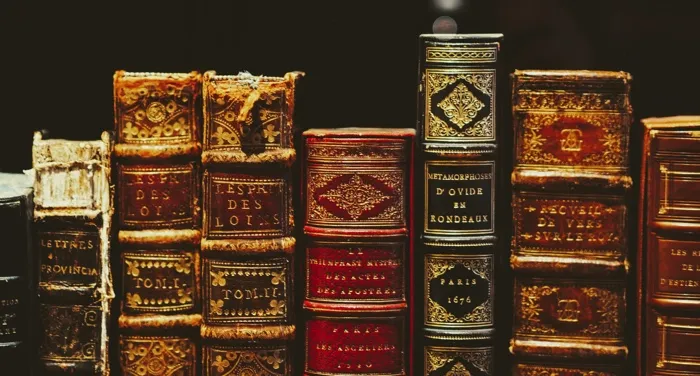
Books That Have Gotten Better With Age
As an avid reader and student of literature, I’m often asked to recommend “classic” books, but specifically classics that have “stood the test of time,” or some other iteration of this phrase. (If I may quote my cousin from the last time he asked me this: “Is it written in old English? Or like yours and mine English? Am I dumb as rocks? I’m dumb as rocks.”) And as someone who has had to study and analyze various pieces of literature from umpteen different eras, more times than not, a novel that has academic merit might not necessarily also fall into the category that qualifies as reading for pleasure. But then there are some that do.
Putting aside the inarguable fact that everyone has different tastes, including in the genre of classics, there are some that have genuinely stood the test of time. The internet has a plentiful selection of any number of listicles of books that have not aged well, and those are often for good reason: most commonly outdated sociopolitical views including but not limited to racism and other forms of discrimination. Sometimes it’s as simple as picking something up from a past century and saying to yourself, “Yikes, this would not fly at all today.”
However, there’s also something to be said in the ways in which the social media era is quick to judge and pounce on a piece of media, books included, that they deem to have not stood the test of time and by no means should anyone ever pick up this book again for that reason and I won’t stop talking about it until the dead horse is beaten. Sylvia Plath’s The Bell Jar, for example, is arguably one of the most beloved pieces of literature from the last century, but in recent years it’s come under fire for its uses of casual racism and depiction of non-intersectional white feminism.
While I won’t excuse any displays of racism from any year, such discourse is a good case for the ways in which literature, and especially classic literature, should be evaluated: is this piece of media I love imperfect in certain ways? Yes. Does that mean I shouldn’t try to analyze said flaws and still find ways to appreciate it for enduring across time? Absolutely not. Are there times that the flaws overpower any effort of appreciation and thus we discard it? Definitely. But that’s a different article.
It’s ultimately impossible to please everyone, but there are in fact some “classic” novels that have stood the test of time and are worth the read in the 21st century, if that’s what you happen to be fancying at the moment. There are lots of books that have gotten better with age that could make up their own list entirely: George Orwell’s 1984 or Animal Farm, Margaret Atwood’s The Handmaid’s Tale, or Jonathan Swift’s Gulliver’s Travels, to name a few. I have not personally read every title recommended as such by the internet, your local librarian, or high school English teacher, so I have compiled a few titles of my own that I consider having gotten better with age — each for their own reasons.
Books That Have Gotten Better With Age
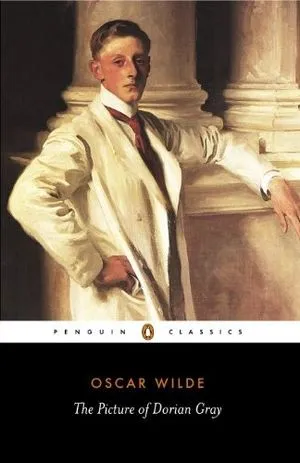
The Picture of Dorian Gray by Oscar Wilde
Find me a literature student who’s not obsessed with this book. I’ve literally never met one. Reader, do you know how rare it is to give a book you had to read for class five stars? The Picture of Dorian Gray is my only one, and when I ended up having to read the book twice for two different classes taught by the same teacher, I gladly reread it, because it’s that good. Believe the hype. Dorian Gray, a 19th century aesthete, has his portrait painted by friend and admirer Basil Hallward. Soon realizing that his own beauty will fade while his portrait will remain young and beautiful forever, he wishes to sell his soul in order for his portrait to age while he will obtain immortality. But what he doesn’t bank on is that, while his portrait ages, it also begins to record and reflect each and every one of his sins.
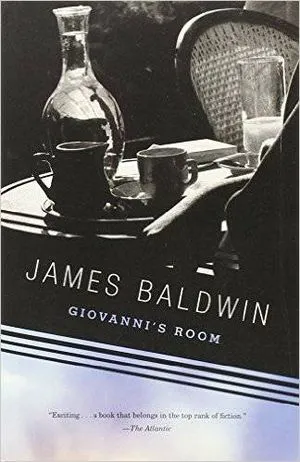
Giovanni’s Room by James Baldwin
Noted for its complex and realistic portrayal of homosexuality and bisexuality in an era where identifying as LGBTQ+ was illegal, Giovanni’s Room casts a wide net of characters, centered on an American man named David living in Paris who narrates his frustrations and disillusionment with men and the world around him, primarily a bartender he meets at a gay bar named Giovanni. Although the subject of occasional controversy because Baldwin, a Black gay man, wrote a novel whose cast of characters are entirely white, Giovanni’s Room only improved with age since it remains a heart-wrenching novel filled with deeply beautiful prose that still articulates the perils and contradictions of same-sex desire, as well as any kind of desire. As Baldwin himself famously put it in his final interview in 1984, the novel is “not really about homosexuality…It’s about what happens to you if you’re afraid to love anybody. Which is much more interesting than the question of homosexuality.”
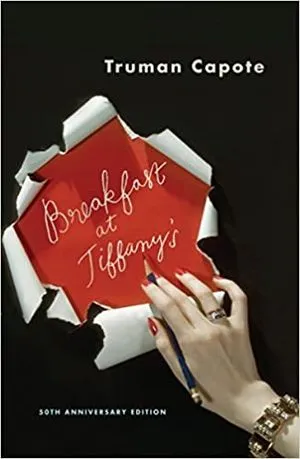
Breakfast at Tiffany’s by Truman Capote
While the 1961 film adaptation starring Audrey Hepburn and George Peppard would soon eclipse its source material in terms of popularity (much to Truman Capote’s chagrin, I’m sure), its original novella is still very much worth the read — mostly because Paramount turned what was essentially a predecessor to Will & Grace into a heterosexual romantic comedy. Although never overtly stated, it’s highly implied that the narrator of Breakfast at Tiffany’s is gay, the man who meets his new neighbor Holly Golightly and is immediately inspired to write about her. Capote based the novel off of his experience with his “swans,” rich socialite women who despite having all of their materialistic desires satisfied, were in fact sad and lonely people. The novella has aged well in that Holly Golightly’s fervor was wrestling with the anxieties of the decades to come, aided by Hepburn keeping her alive on the screen.
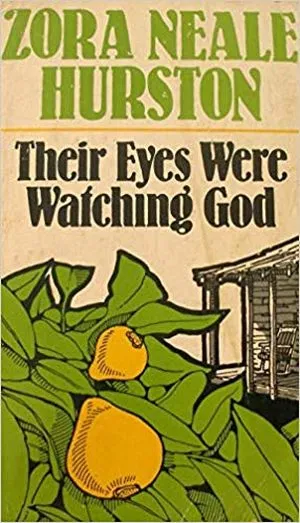
Their Eyes Were Watching God by Zora Neale Hurston
Zora Neale Hurston’s most beloved work is a Southern love story that centers on Janie Crawford, a fiercely independent young woman who refuses to live in the bitterness and sorrow that seems to define her existence. Through the trials and tribulations of three marriages and a life unfortunately weighed down by poverty and struggle, Janie fights for the right to enjoy her place in the world. A highly regarded novel in the canon of African American literature, Their Eyes Were Watching God earns and retains its praise over time simply for its depiction of a strong, Black female character who refuses to let a world obsessed with labels and prejudice keep her down, and it’s nothing short of inspiring.
What are some books that you think have gotten better with age?









